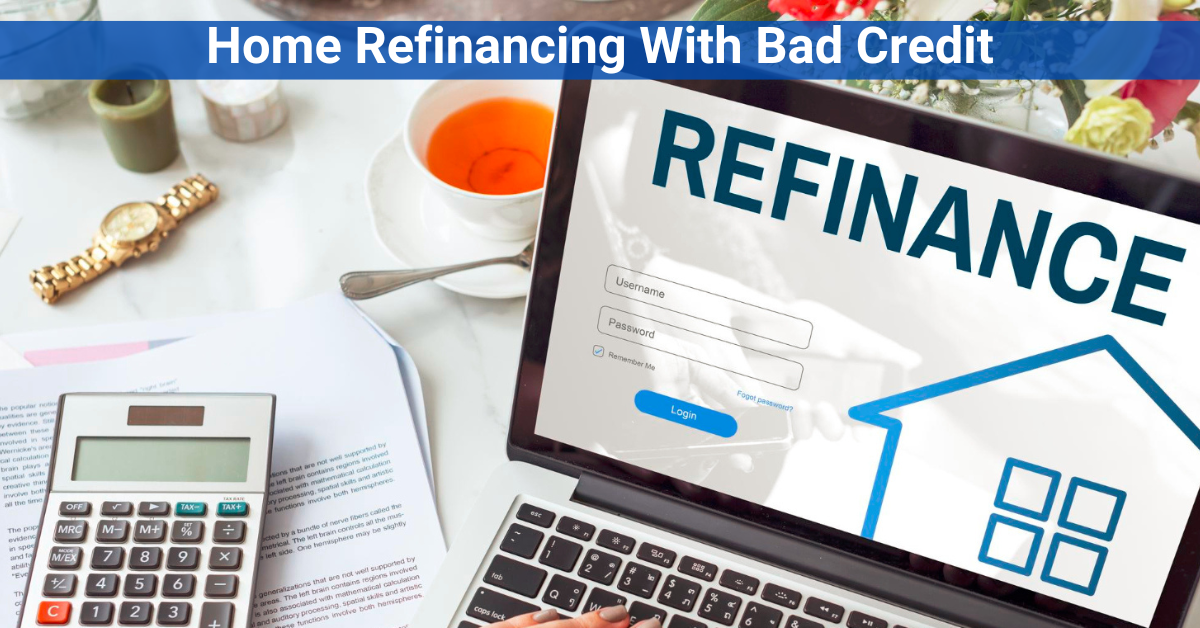Home Refinancing with bad credit
Home refinancing can be an option if you struggle with paying your mortgage. That being said, you probably have bad credit. But even with bad credit, you can still refinance your mortgage. Make sure you are patient enough to check all the possible credit companies. Consulting credit repair agencies near me and trying to rebuild your credit first can also help.
When choosing a lender, make sure to;
- Always check on closing costs and fees.
Closing costs are the expenses over and above the property’s price that buyers and sellers usually incur to complete a real estate transaction. These include:
- Origination fees
- Appraisal fees
- Discount points
- Title searches, etc.
Be aware of closing costs and fees included as part of the principle. These are often labeled as “zero down” loans, but you’re actually paying for those fees throughout your loan. You can ask for the closing costs can be eliminated.
- Select low-fee terms.
Please take a look at how financing companies structure their loans. The lowest rates, such as interest-only or balloon payment loans, often have higher fees. Select more favorable and lower fees, such as fixed or adjustable rates. The adjustable rate has a lower interest rate but risks increasing in the future as the market interest rate goes up.
- Find other ways to cash out your equity.
If you are only planning to refinance and cash out only a part of your equity, consider applying for a different type of credit to save on fees. Second mortgage and lines of credit have much lower closing costs than refinancing your total mortgage. It can also be for short-term loans, which save you money.
When you choose home refinancing, ensure you have enough knowledge about the loan you are going for. There are things to know when you refinance.
Know things such as:
- Home Equity
Knowing how much your home equity has a significant impact when you refinance. If your house equity is lower than when you start your mortgage, there is no use for refinancing. But there are government programs that will help you with your finances. It would be best to have at least 20% equity for a more accessible application.
- Credit score
Of course, the credit score is one of the things they check when you refinance. It is easier for an individual to apply for a loan with good credit. However, you can still qualify for a loan with a higher interest rate if you have a bad credit score.
3. Debt-to-income ratio
Lenders check your DTI ratios when you refinance. This will determine your capability to pay for what you are applying for.
4. The cost of refinancing.
You should be able to know beforehand the cost of refinancing. That way, you will determine if refinancing will make sense for you or will only complicate things.
When you have bad credit, credit repairers can always lend a hand when you want to rebuild your credit first.
Avoiding high fees when refinancing is as crucial as finding low rates. Make sure you get the best deals by comparing lenders. It will take you some time and be a hassle to you, but it will benefit you in the future. Doing this will save you thousands of dollars in the long run.
How to choose your lender?
- Offers competitive interest rate. Choose a lender who has the lowest interest rate. Not only that, but you should also look for the APR or the annual percentage rate. It is easier to compare loans when you know the interest rate and APR of each loan offered to you.
- Does the loan offer product terms that suit your needs? Say the loan you are inquiring about requires a 20% down payment. However, you can only afford that little. You can always look for a loan with terms that suit your needs.
- Type of origination, lender, and other fees. You should be aware of the other fees you need to pay beforehand. See if you can afford these fees, or you can still find a better offer elsewhere.
- Online or In person. Look if you can save more using online or just going in person. Usually, an online application is much cheaper than applying in person. These days, you can send almost all your requirements online. If online application is more challenging, you can find a lender who can accommodate you in person or face time.
- How long will the lender close your loan? The amount of time to close a loan can vary depending on the lender. They might conduct an inspection, appraisal, and other paperwork before closing a loan.
In conclusion:
To save yourself money, choose the right lender compatible with you. Rebuilding your credit with the help of a credit fixing service is one of the best ways to save money. As I’ve said, avoiding high fees when home refinancing is as essential as finding low rates. Give yourself time and slowly make a decision concerning your loan. It is better to take your time than to give yourself a problem in the future because you are impatient with your loan process. Never settle until you are satisfied.




